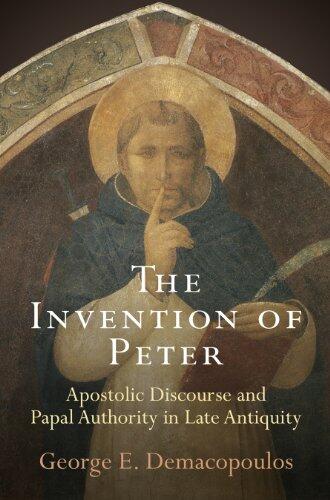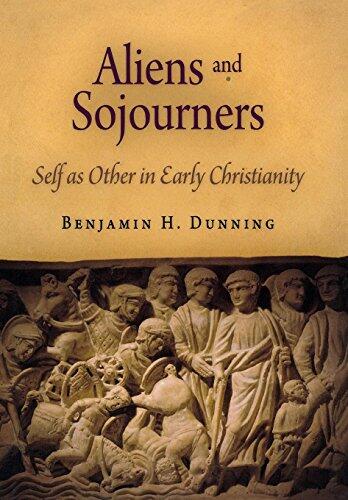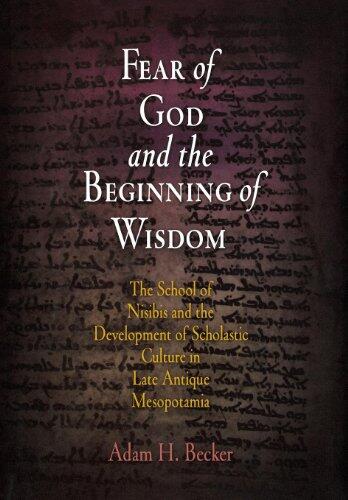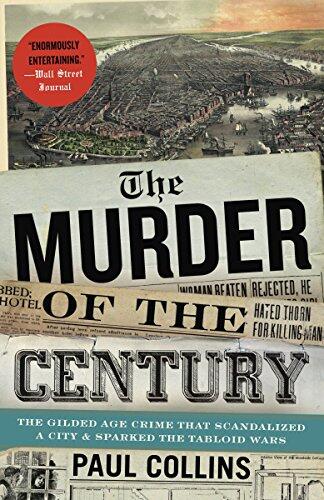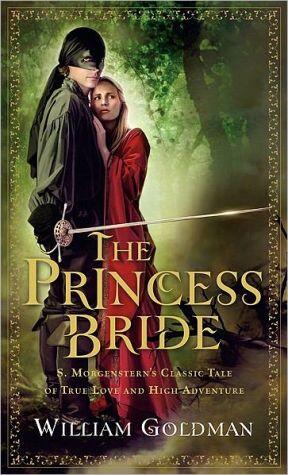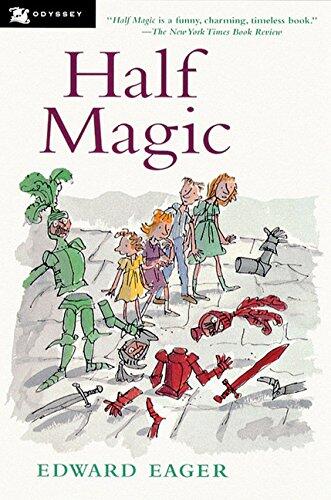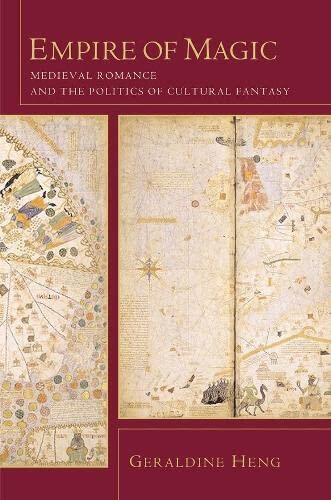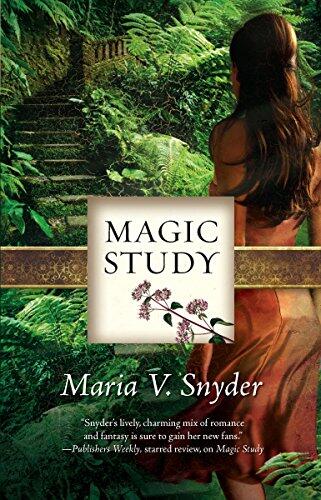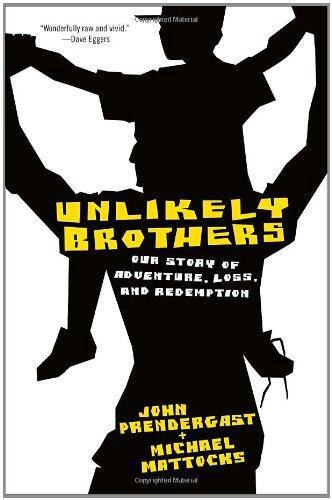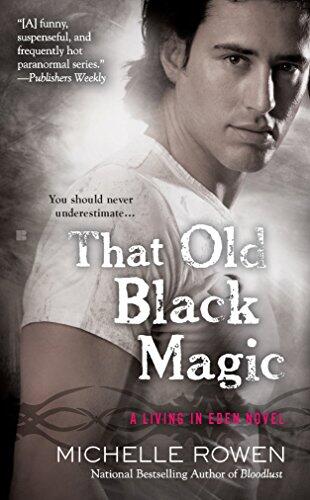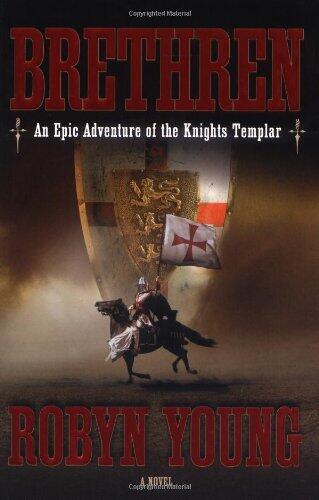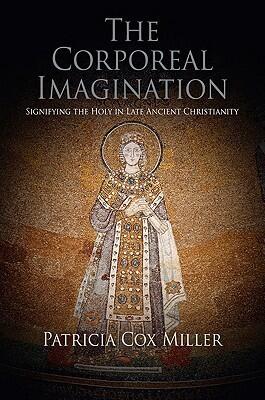
The Corporeal Imagination: Signifying the Holy in Late Ancient Christianity
No ratings yet
Romance
Religion & Spirituality
Format
Hardcover
Pages
272
Language
English
Published
Apr 1, 2009
Publisher
University of Pennsylvania Press
ISBN-10
0812241428
ISBN-13
9780812241426
Description
In exploring the rich tapestry of late ancient Christianity, Patricia Cox Miller delves deep into how the corporeal imagination shaped religious experience and expression. The work sheds light on the nuanced ways in which physicality, sensory perception, and embodied practices influenced the signification of the sacred during this pivotal historical period. Miller's analytical prowess reveals that the understanding of the divine was not merely an abstract concept but was intricately tied to the corporeal world and its myriad representations.
The text invites readers to reconsider the overlooked dimensions of late antiquity's spiritual life, revealing how artistic, ritualistic, and communal activities breathed life into theological ideas. By examining a range of sources, Miller uncovers how the body and its experiences created a unique lens through which individuals interpreted the holy. This perspective offers a fresh understanding of early Christian thought and its manifestations in material culture.
Through her nuanced examination, Miller not only enriches the discourse on late ancient Christianity but also bridges the gap between religious studies and the humanities. Her engaging narrative invites readers to reflect on the ways humanity has historically sought to connect the corporeal with the divine, making the exploration of faith a deeply embodied experience.
The text invites readers to reconsider the overlooked dimensions of late antiquity's spiritual life, revealing how artistic, ritualistic, and communal activities breathed life into theological ideas. By examining a range of sources, Miller uncovers how the body and its experiences created a unique lens through which individuals interpreted the holy. This perspective offers a fresh understanding of early Christian thought and its manifestations in material culture.
Through her nuanced examination, Miller not only enriches the discourse on late ancient Christianity but also bridges the gap between religious studies and the humanities. Her engaging narrative invites readers to reflect on the ways humanity has historically sought to connect the corporeal with the divine, making the exploration of faith a deeply embodied experience.
Reviews
Reading Log
No reading logs found
Start tracking your reading progress to see logs here
Add Your First Reading LogNotes
Transaction Log
No transaction logs found
Start tracking your book transactions to see logs here
Add Your First Transaction Log